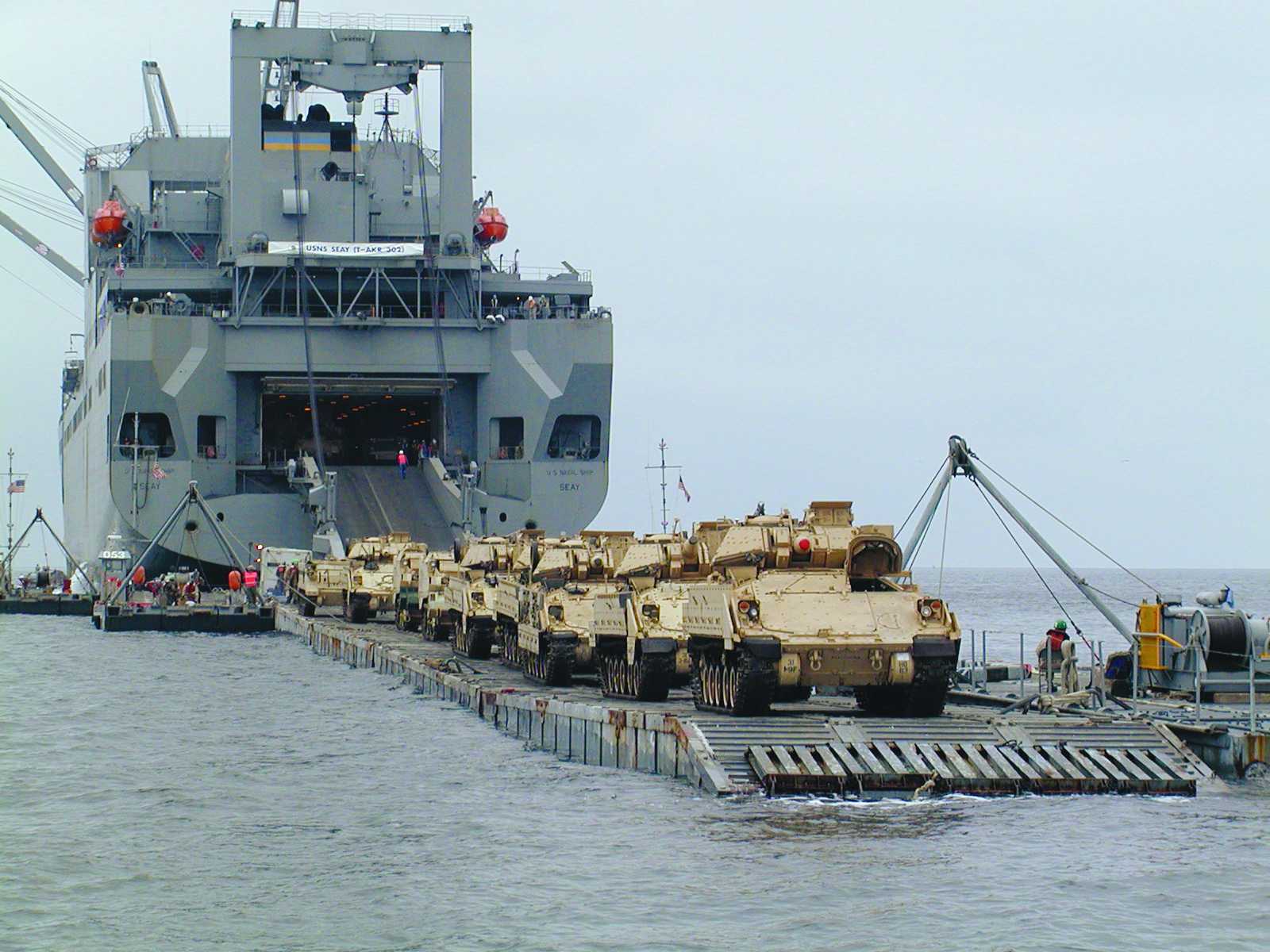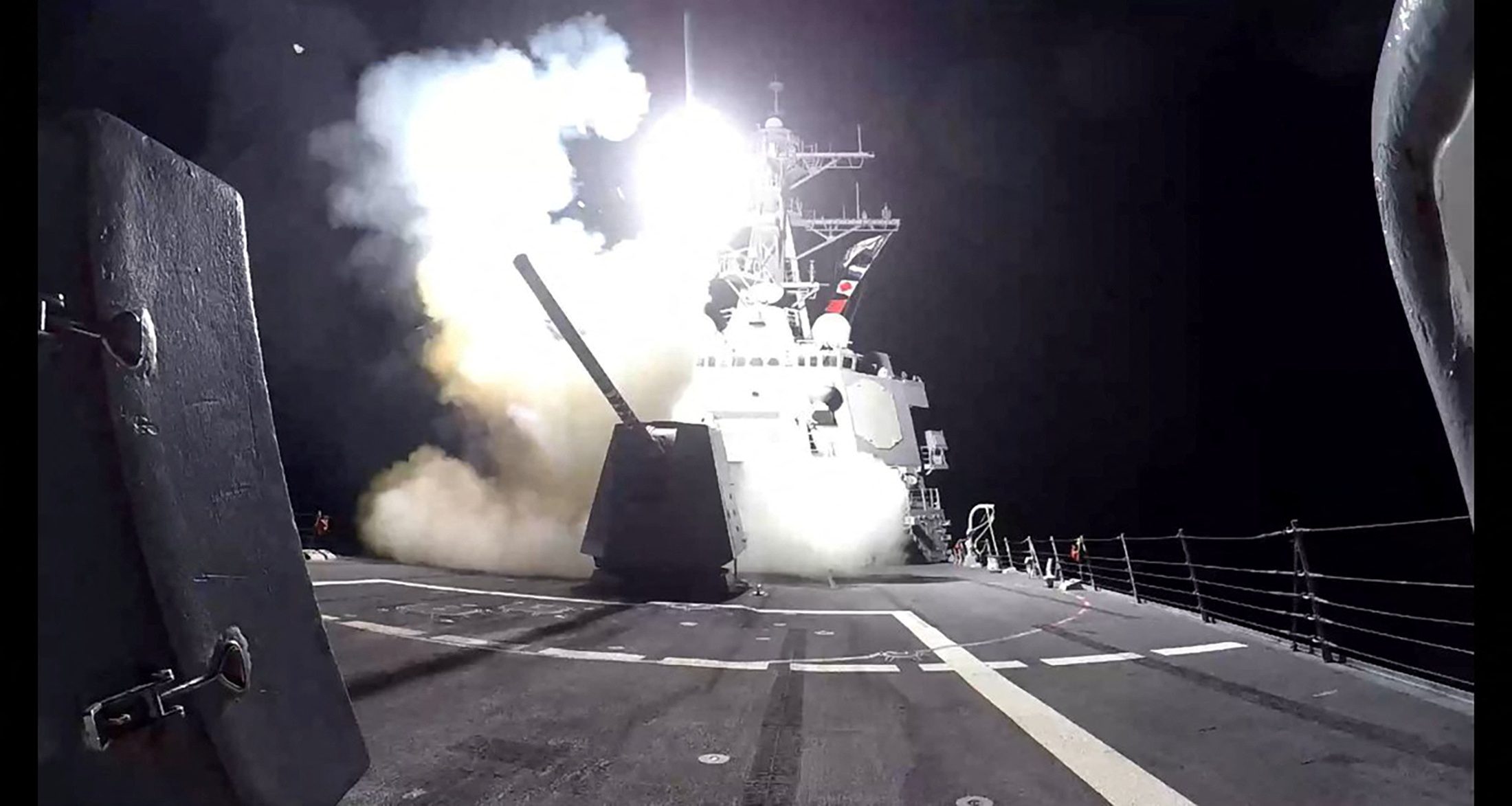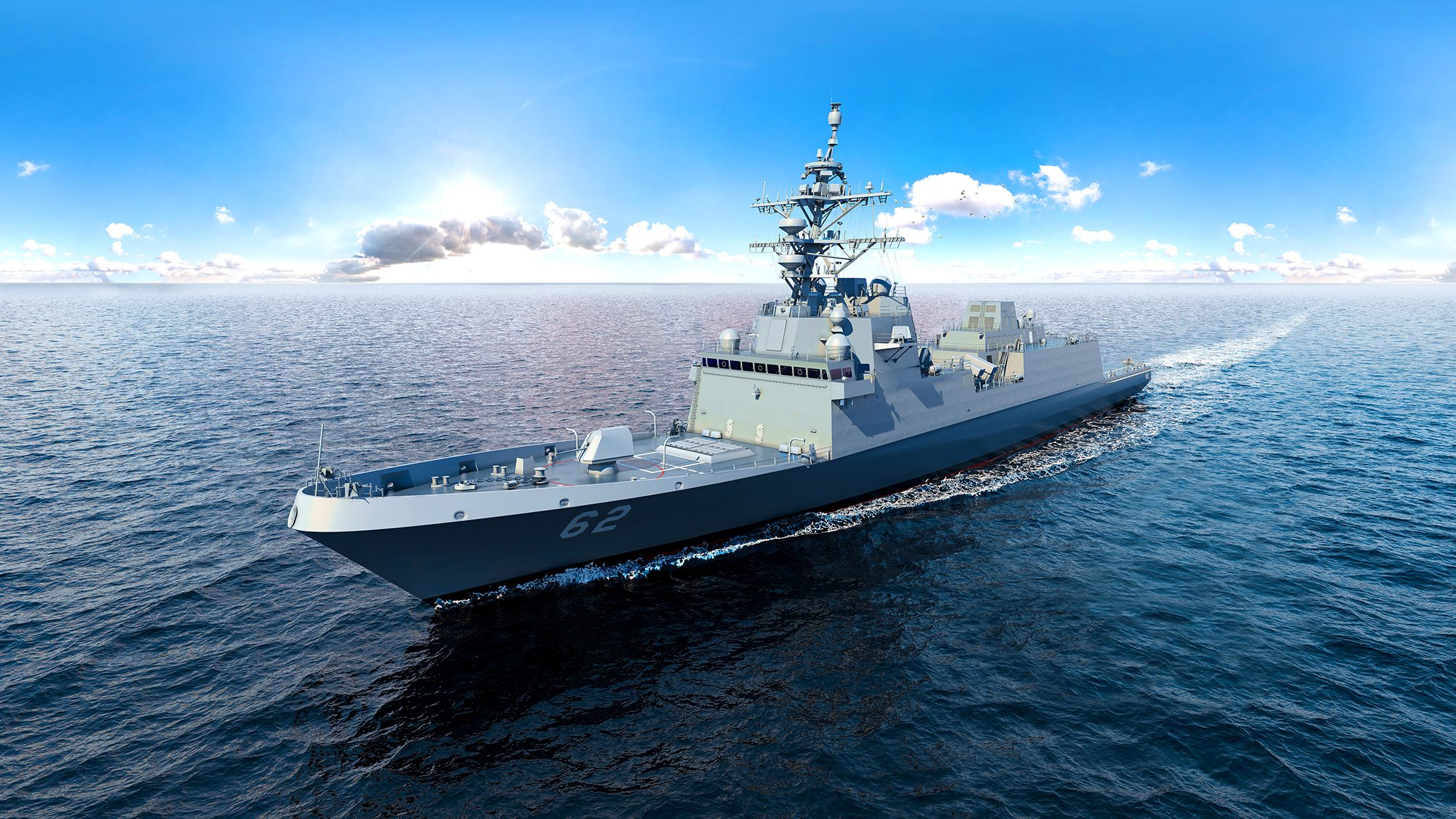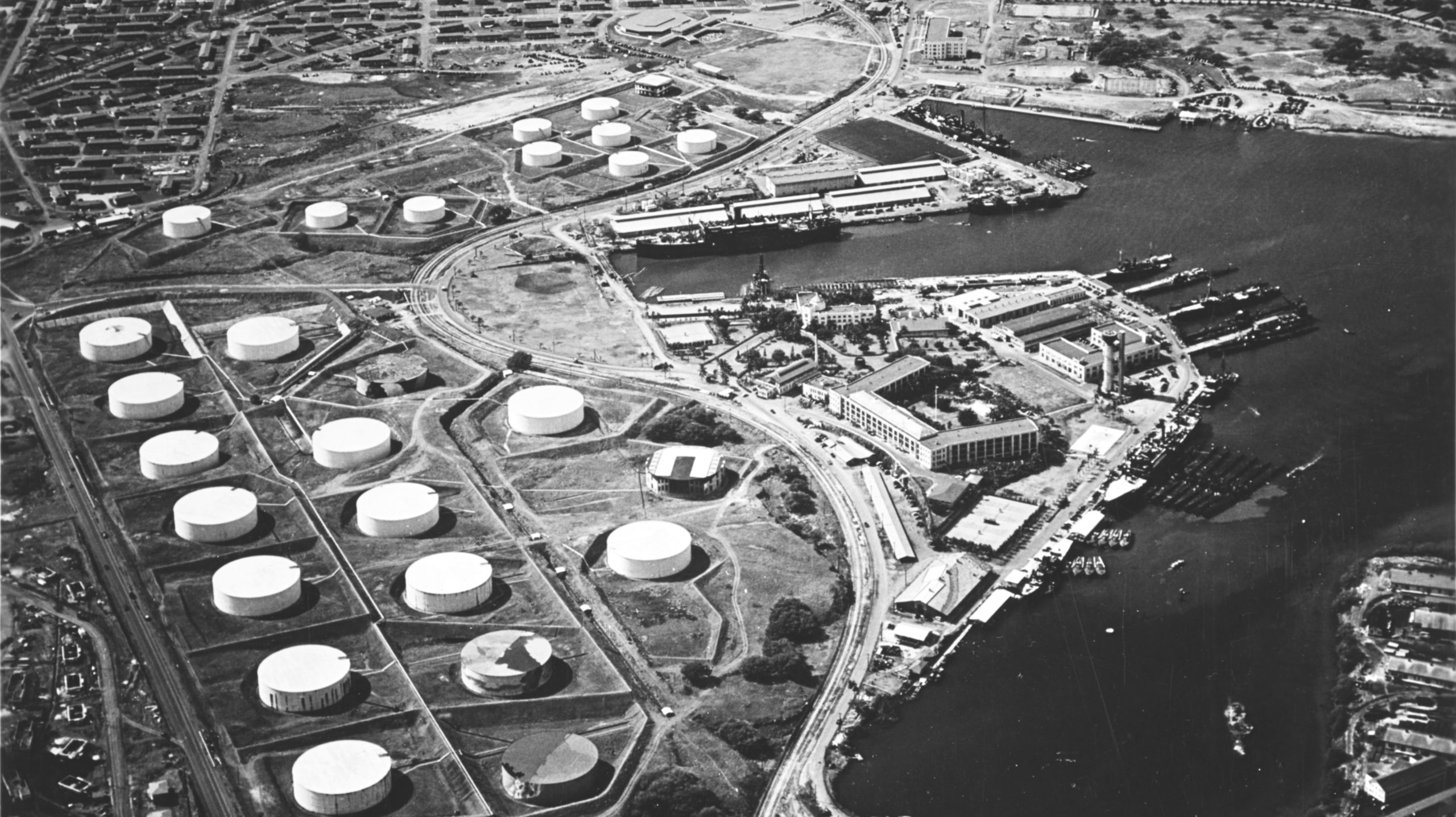By Michael Carr, US Army Watercraft Master (Ret) – Hurricane Harvey slammed into Texas, then Hurricane Irma collided with Puerto Rico and smashed through Florida, followed by Hurricane Maria devastating Caribbean Islands before decapitating Puerto Rico.
Incomprehensible damage from these horrendous storms, including destroyed infrastructure & lack of transportation capabilities, present conditions for which US Army Watercraft were conceived and designed, i.e. providing logistical support in degraded and unimproved ports, and the ability to land on unimproved beaches.
Only the US Army operates Logistical Support (LSV), Land Craft Utility (LCU), and Landing Craft Mechanized (LCM) vessels. Within the Army inventory, there are eight LSVs, 35 LCUs, and a multitude of LCMs. These vessels are stationed throughout the world, with a good number here in the United States, in particular Baltimore MD, Ft Belvoir VA, Ft Eustis VA, Morehead City NC, and Tampa FL.
Why have they not been deployed to help in relief efforts in Texas, Florida Keys, and Puerto Rico? LCUs in particular, is an ideal platform for relief support. LCUs, at 174 ft LOA, can work independently for 18 days, with a range of over 10,000 miles. They are capable of beach landings and retractions, while carrying in excess of 350 tons of cargo, which can include rolling and tracked vehicles, standard and non-standard containers, fuel bladders, etc.
LSVs, at 300 ft LOA are fully self-deploying. Equipped with bow and stern ramps, they can load and offload cargo on beaches and improvised piers. They are capable of carrying 82 ISO containers on deck, or 2,000 tons of assorted cargo. LSVs can make 10,000 gallons of fresh water daily, have incinerators for burning trash, and have tankage for over 250,000 gallons of fuel. LSVs can sustain themselves for months at a time, having a crew of 32.
As I read more and more of the devastation in Texas, Florida Keys, and Puerto Rico; no power, no fresh water, no communications…… I know Army LSVs, LCUs, and LCMs could easily be providing support. Moving from beach to beach, offloading generators, fuel, food, medical supplies, providing power, communications, and medical care.
When the US Army designed their Watercraft units and commands it was for just such a mission. Sail to remote locations, where there is little to no infrastructure, no

 Join The Club
Join The Club











